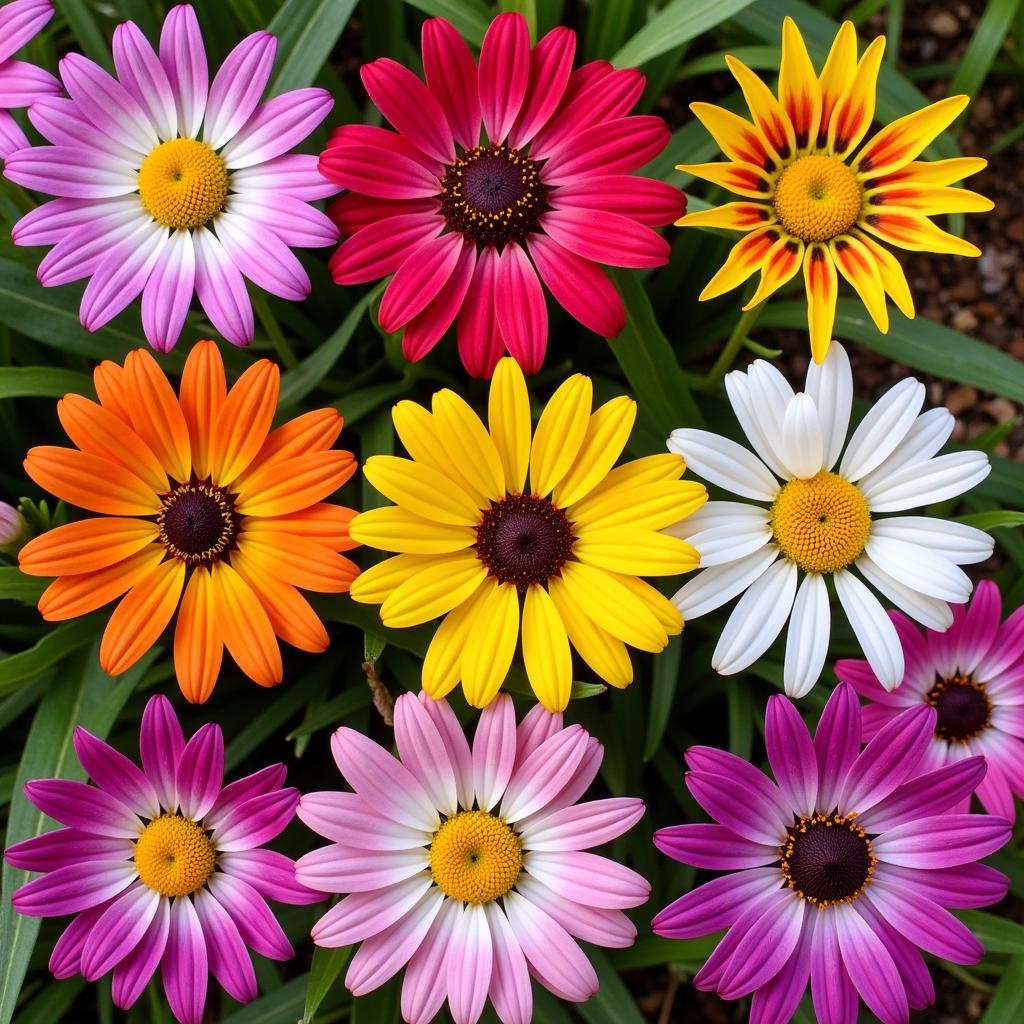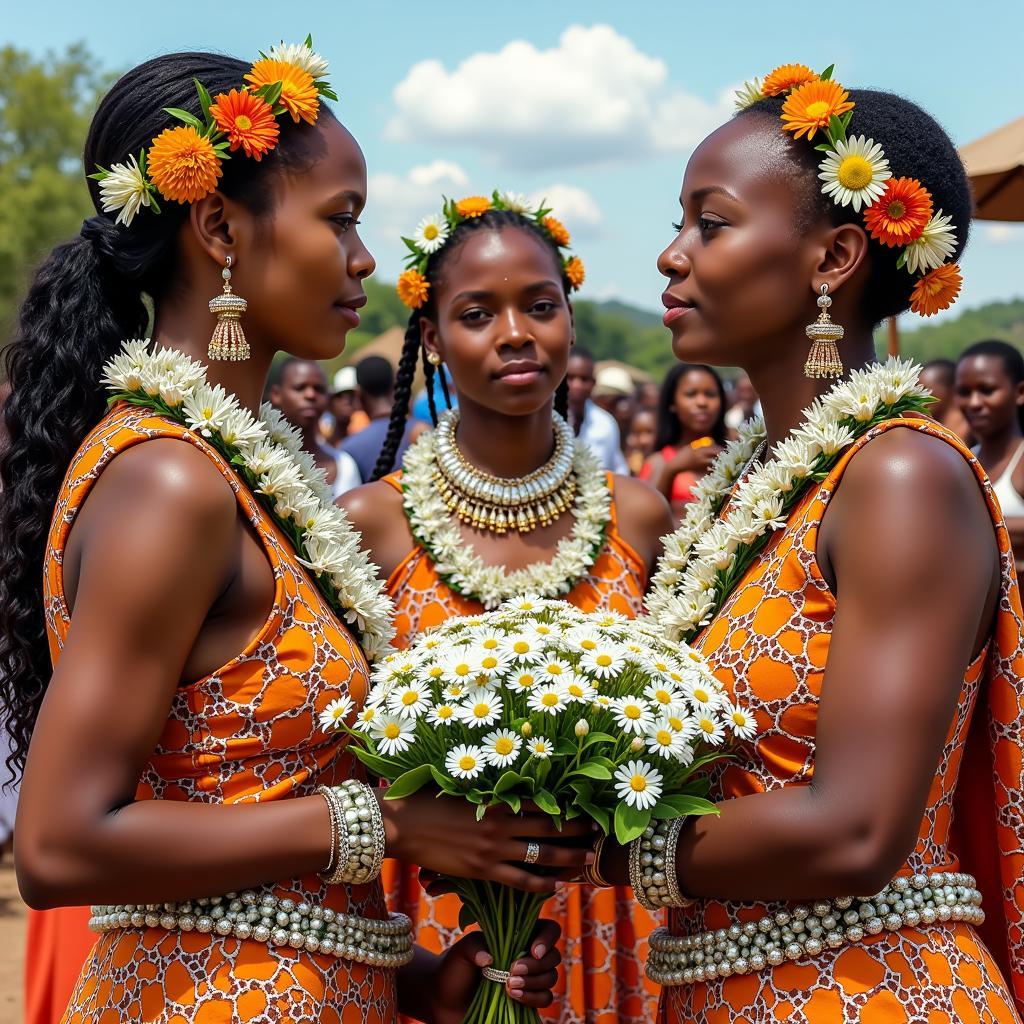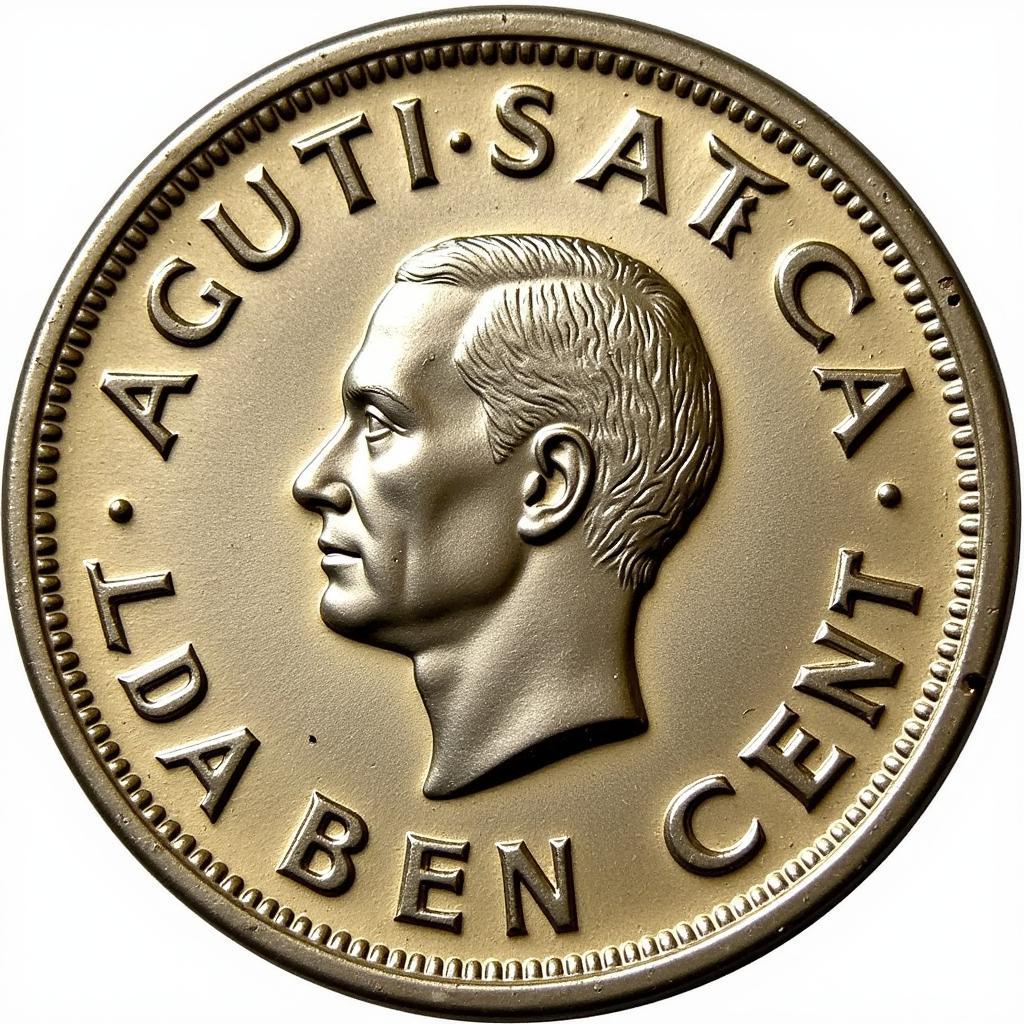Discovering the African Bush Daisy: A Vibrant Symbol of the Savanna
The African Bush Daisy, a captivating wildflower, paints the vast African landscapes with vibrant hues. From its diverse species to its role in the ecosystem, we’ll delve into the fascinating world of this resilient bloom. Discover its unique characteristics, its significance in local cultures, and even how you can cultivate this little piece of Africa in your own garden. Let’s embark on this botanical journey together.
What is an African Bush Daisy?
African bush daisies aren’t a single species but rather a collective term encompassing several flowering plants that thrive in the African bush. These daisies, often belonging to the Asteraceae family (also known as the composite family), exhibit a variety of colors, sizes, and growth habits. They share a resilience to harsh conditions, making them a symbol of strength and adaptability in the African landscape. Their brightly colored petals attract a variety of pollinators, contributing to the rich biodiversity of the region. What makes them truly special is their ability to flourish even in arid and semi-arid regions, a testament to nature’s ingenuity.
Many people search for information on using these beautiful daisies as ground cover, creating stunning natural borders in their gardens. The information available online can help you learn how to incorporate these vibrant flowers into your landscape design. For instance, you might find useful resources on African daisy ground cover.
Different Types of African Bush Daisies
The term “African bush daisy” encompasses a wide array of species. Some popular examples include the Dimorphotheca, known for its striking orange and yellow blooms; the Gerbera, prized for its large, colorful flower heads; and the Osteospermum, boasting a daisy-like appearance with a wide range of colors. Each species has unique characteristics, contributing to the diverse beauty of the African bush. Identifying the specific species can be crucial for proper cultivation and care.
 African Bush Daisy Variety: A collection of different colored African daisies.
African Bush Daisy Variety: A collection of different colored African daisies.
The Role of the African Bush Daisy in the Ecosystem
These resilient flowers play a vital role in the delicate balance of the African ecosystem. They provide a valuable food source for various insects, including bees and butterflies, and their seeds often sustain small birds. They contribute to soil health by preventing erosion and attracting beneficial insects that enrich the soil. Their presence adds to the vibrant tapestry of life in the African bush, highlighting the interconnectedness of all living things.
Knowing more about african flower animals and their interaction with African daisies can provide further insights into the ecosystem.
Cultivating African Bush Daisies
Bringing a touch of the African savanna to your own garden is possible. Many African bush daisy species are adaptable to various climates and soil conditions. They thrive in full sun and well-drained soil, requiring minimal watering once established. Understanding their specific needs, such as preferred soil type and watering frequency, will ensure successful cultivation. Resources like African daisy flower care can be invaluable for aspiring gardeners.
The Cultural Significance of the African Bush Daisy
Beyond their ecological importance, African bush daisies hold cultural significance in many African communities. They are often used in traditional medicine, their petals and leaves believed to possess healing properties. They also feature in local art and folklore, symbolizing resilience, beauty, and the vibrant spirit of Africa.
 African Bush Daisy in Traditional Ceremony: A depiction of African bush daisies being used in a traditional ceremony.
African Bush Daisy in Traditional Ceremony: A depiction of African bush daisies being used in a traditional ceremony.
Creating beautiful borders using African daisies can be a great way to enhance your garden’s aesthetic appeal. You can find helpful tips and inspiration for designing attractive African daisy borders.
Why are African Bush Daisies so resilient?
Their resilience stems from adaptations to the harsh African climate. Many species possess deep root systems that allow them to access water during dry periods. Their leaves are often covered with fine hairs that reduce water loss and protect them from intense sunlight. This adaptability ensures their survival, even in challenging environments.
Conclusion
The African bush daisy, a captivating wildflower, encapsulates the beauty and resilience of the African savanna. From its diverse species to its ecological and cultural significance, this resilient bloom offers a glimpse into the rich tapestry of African Life. Whether you admire it in its natural habitat or cultivate it in your garden, the African bush daisy serves as a vibrant reminder of nature’s enduring power and beauty.
FAQ
-
What are the most common colors of African bush daisies?
African bush daisies come in a variety of colors, including white, yellow, orange, pink, and purple. -
How often should I water African bush daisies?
Once established, they require minimal watering, typically once a week or less, depending on the climate. -
Can African bush daisies be grown in pots?
Yes, many species can be grown successfully in pots, provided they have adequate drainage. -
Are African bush daisies attractive to pollinators?
Yes, their bright colors attract a variety of pollinators, including bees, butterflies, and other insects. -
What is the symbolic meaning of the African bush daisy?
They often symbolize resilience, beauty, and the vibrant spirit of Africa. -
How can I learn more about caring for African bush daisies?
Resources like African daisy flower care provide detailed information on cultivation and care. -
Are there other plants similar to African bush daisies that I can grow?
Yes, you might be interested in exploring information about the African bush pepper.
For further assistance, please contact us at +255768904061, email us at [email protected], or visit us at Mbarali DC Mawindi, Kangaga, Tanzania. We have a 24/7 customer service team. We also have other informative articles on our website covering various aspects of African flora and fauna. We encourage you to explore and deepen your understanding of the wonders of Africa.

